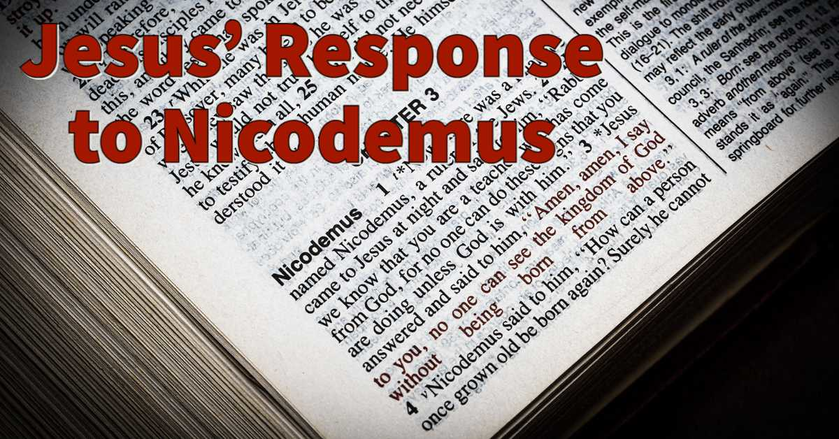After spending two days with those who believed in Samaria, Jesus returned to Galilee. John 4:45 says that “the Galileans received Him” because they had seen what He had done in Jerusalem. There were Galileans there to see Him cleansing the temple (John 2:13) and the signs He did while there (John 2:23). They saw the same things that Nicodemus had seen, causing him to acknowledge Jesus as “a teacher come from God” (John 3:2). So, it seems strange that John would refer to Jesus’ statements about a prophet having no honor in his own country (John 4:44) right before saying the Galileans “received Him” (John 4:45).
The “testimony” John refers to is found a few times in the Synoptic Gospels (cf. Matthew 13:57; Mark 6:4; Luke 4:24). These passages record Jesus’ rejection in Nazareth of Galilee. Even though Jesus was born in Bethlehem of Judea, He was consistently referred to as a Galilean because He was raised in Nazareth (cf. John 1:45; 2:12; 7:1-4, 40-43, 52). He was called “Jesus of Nazareth” (John 19:19). So, it may be, before John refers to Jesus’ reception in Galilee, he reminds the reader of how fickle they were in their treatment of Jesus. For example, it is right after this that Jesus rebukes their dependence on “signs” rather than the substance of His teaching (John 4:48).
This passage reminds us of something that often happens with those who teach the gospel. So frequently, we are warmly received in our initial interactions. Then, after revealing the necessity of obedience to the gospel, we are “dishonored.” If we’re just talking about the “fluffy stuff,” we are “received.” But when we preach, “repent, and let every one of you be baptized in the name of Jesus Christ for the forgiveness of sins” (Acts 2:38), we are rejected. People love us as long as we provide bread and fish. But as soon as we place any requirements on people, they reject us (cf. John 6:26-27, 60-66).
There are those who are only looking for what they can get, and there are those who want to give themselves to the Lord. The former will reject Jesus because He requires something of them. The latter will receive the gospel and serve the Lord out of love and gratitude for Him. May the Lord help us find the latter and not be overly burdened by the former!



















